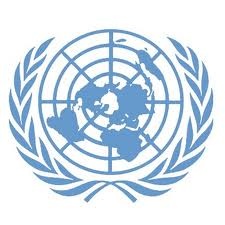The role of women in agro-industries in four eastern and southern Africa countries : Botswana, Lesotho,Tanzania and Zimbabwe
This paper focuses on the role of women in agro-industries in eastern and southern Africa. The women of Africa have' historically played key roles in the African economy as contributors to their society and as caretakers of the family while their, husbands are away working in mines, plantations or cities. African women are starting to get acknowledged as the ones who predominantly produce food crops.






